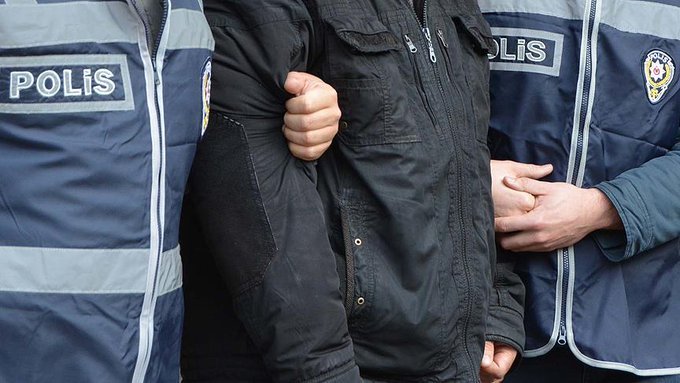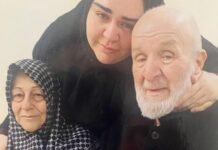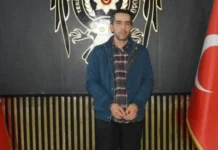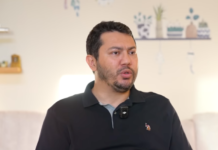Turkish authorities detained five doctors on Friday in raids across three provinces over alleged links to the faith-based Gülen movement, the state-run Anadolu news agency reported.
As part of an investigation by the İstanbul Chief Public Prosecutor’s Office, the physicians were taken into custody in İstanbul, Konya and Mardin. Evidence cited by authorities include attending a study retreat a number of years ago to prepare for Turkey’s medical residency exam known as TUS at a dorm affiliated with the Gülen movement, communicating via payphones and depositing money at the now-shuttered Bank Asya, then among Turkey’s largest commercial banks before its closure over Gülen links.
Turkish President Recep Tayyip Erdoğan has been targeting followers of the Gülen movement, inspired by the late Muslim cleric Fethullah Gülen, since corruption investigations in December 2013 implicated him as well as some members of his family and inner circle.
Dismissing the investigations as a Gülenist coup and a conspiracy against his government, Erdoğan began to target the movement’s members. He designated the movement as a terrorist organization in May 2016 and intensified the crackdown on it following an abortive putsch in July of the same year that he accused Gülen of masterminding. The movement strongly denies involvement in the coup attempt or any terrorist activity.
The so-called “payphone investigations” are based on call records. The prosecutors allege that a member of the Gülen movement used a single payphone to call all his contacts consecutively. Based on that assumption, when an alleged member of the movement is found in call records, it is assumed that other numbers called right before or after that call also belong to people with Gülen links. The authorities do not possess the content of the calls in question. The supposition of guilt is solely based on the order of the calls made from the phone.
Following the failed coup, the Turkish government declared a state of emergency and carried out a massive purge of state institutions under the pretext of an anti-coup fight.
According to the latest figures from the Justice Ministry, more than 126,000 people have been convicted for alleged links to the Gülen movement since 2016, with 11,085 still in prison. Legal proceedings are ongoing for over 24,000 individuals, while another 58,000 remain under investigation nearly a decade later.
More than 21,000 healthcare professionals were dismissed from their positions in both public and private institutions, according to a report by the Stockholm Center for Freedom (SCF).
In addition to the thousands who were jailed, scores of other Gülen movement followers had to flee Turkey to avoid the government crackdown.















